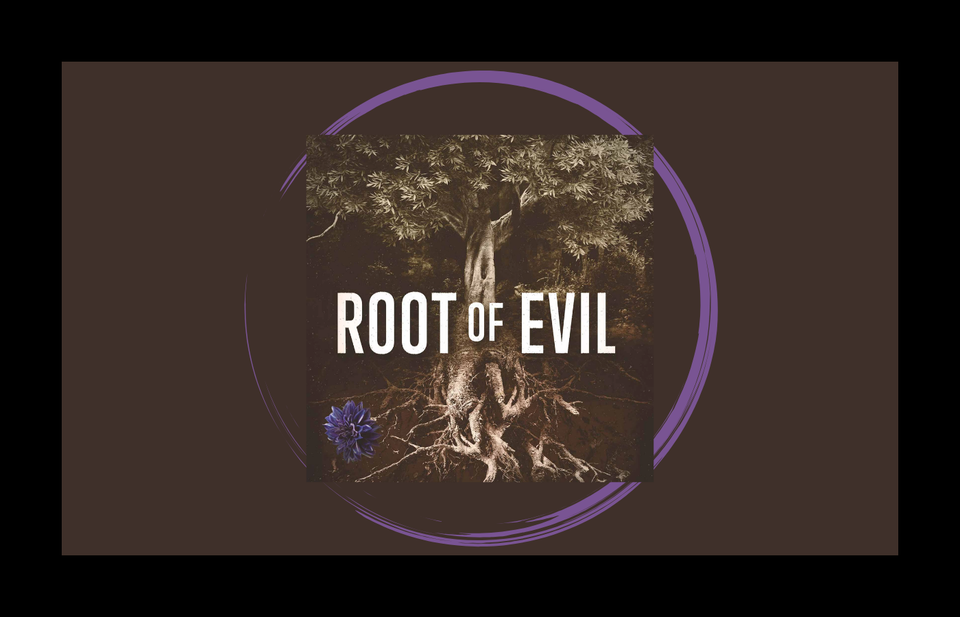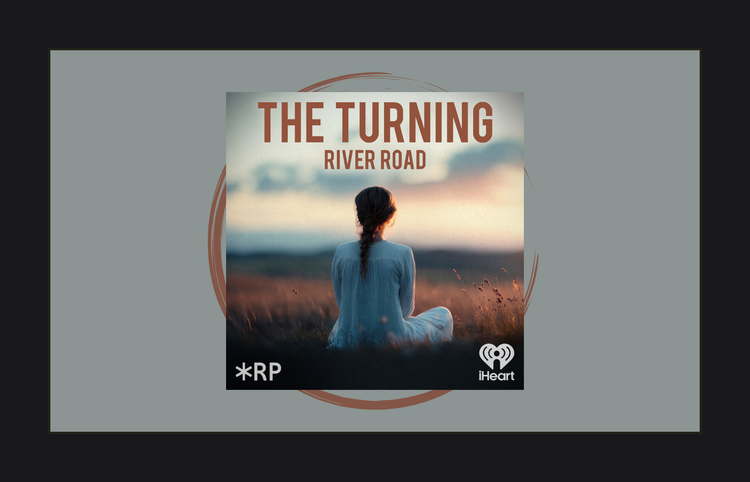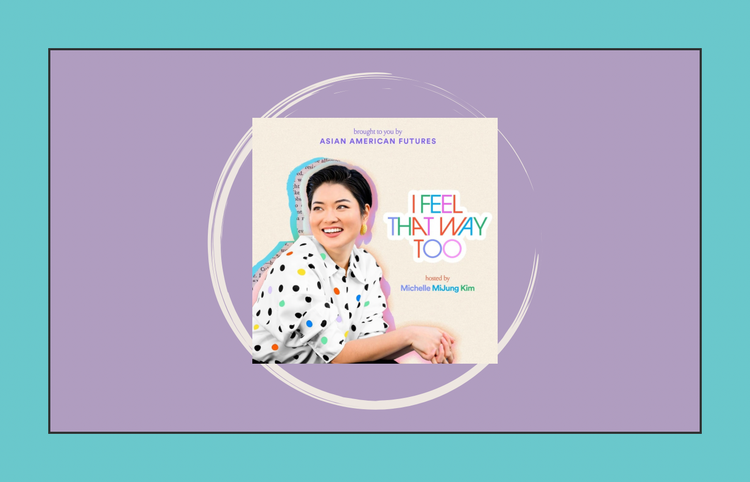Review: Root of Evil

I take personal, word of mouth, recommendations for podcasts very seriously. I put a lot of thought into suggesting podcasts for friends, so I do my best to return the favor of listening. This recently happened with a new friend, and I had a train ride the morning after we chatted. As is usual with new friends and podcasts, a lot of the time it’s a true crime podcast. So let’s start with the fact that this podcast covers heavy, heavy topics. Root of Evil was released in 2019, and every episode needs its own set of trigger warnings. If you want, I have a list of trigger warnings for the whole podcast at the very end of this write-up.
I want to start with the quality of the podcast here. It’s good, even old recordings are handled with care. While that is true, I feel that the podcast is a touch overproduced when it comes to music and style. Which could be a product of 2019, it also could be a product of TNT having its hands in the pot. There is a lot of heavy content, so part of me also wonders if trying to put a dramatic spin on it is meant to actually separate the situation. I don’t understand how any family goes through the things that this family experienced and then talk about it, for the world to hear. Maybe everyone needed a bit of dramatic separation, to make it more of a story than anything. For the rest of us, it is, but to this family, it’s real life.
What is the story? After the death of their mother, sisters Yvette and Rasha are cleaning out the storage unit. Years of journals and recordings have piled up, and the women go through each one. They find recounts and recordings of conversations with their biological grandmother, their mother, and through these documents and some investigative work by their Uncle, their grandmother’s half brother - they piece together that their grandfather may have been the murderer of The Black Dahlia. The murder of Elizabeth Short, is one of the most infamous unsolved murders in American History. I won’t go into detail because the podcast does. I think it’s a pretty compelling idea, but that could just be the podcast talking.
What starts as a journey into their mother’s memory, ends up being a no holds barred deep dive into a family where there was effectively, a lot of sex, drugs, and surrealism. Traumas are unburdened into this podcast, and at least I’m convinced of the few heartbreaking truths floated in this story.
Why does a podcast like this matter? For one, Elizabeth Short’s story deserves to have some degree of closure. Even if her murderer is dead, to be able to give an end to her story is the only way we can honor the memory of that young woman. For two, we rarely talk about the families of criminals as victims themselves. Usually, they are in one way or another. I think we need to talk more about that in the grand scheme of the true crime world. Ransom (which I reviewed here) is another true crime podcast that at least attempts to give some degree of voice to the family of the murderer. It is devastating in its own right to own a deep connection with someone who has done terrible things. We can’t change who our blood relatives are, and while I disagree that our blood family is our only family, it doesn’t change a need for at least an attempt at empathy when considering a full picture.
What this podcast gives listeners is a look from the other side in a way that’s palatable. For all intents and purposes, every single person in this podcast is a victim of awful generational trauma stemming from their patriarch, again who is presumed to be the killer of The Black Dahlia. People will be equal parts fascinated and disgusted with this fact that they are presented with, but listeners don’t have to hold it like these human beings do. They simply have to learn a touch of empathy, and maybe step back from their own true crime obsession to consider a fuller picture, with more victims than we have imagined. I’m glad to see how the landscape is changing, but I’m curious to see and find more examples of the victims in question being the family members of the criminal as well as the direct victims of the crime.
This podcast may not have set out to make such a statement. It’s a true, wild, and twisting story full of the drama of human experience. People were going to listen, and the family had to have made something off of this and the television show. However, the reality is that Root of Evil has managed to turn some aspects of true crime on its head in a way that can be good. Elizabeth Short didn’t have children, and my limited attempts at finding opinions from nieces and nephews, or from her siblings brought up more about Queen Elizabeth II than Elizabeth Short.
While everyone would love to see the direct victims and their families have voice and impact, the angle and focus of this podcast through the Hodel family horrors does a certain service that needs attention as we talk about true crime. Family members of criminals can be victims too, victims of incredible manipulation and gaslighting. They deserve healing, and paths forward to better lives and a better future too.
Listen to Root of Evil Below
Root of Evil Specific Trigger Warnings;
Please note that this is not an exhaustive list, but one given so that listeners can wade forward with the caution they need. These are the big ones that I would have loved to hear at the top of episodes.
Sexual Assault
Incest
Pedophilia
Drug Use around abuse and abusive situations
Abuse
If you really like what I do, consider sending me a tip!





Comments ()